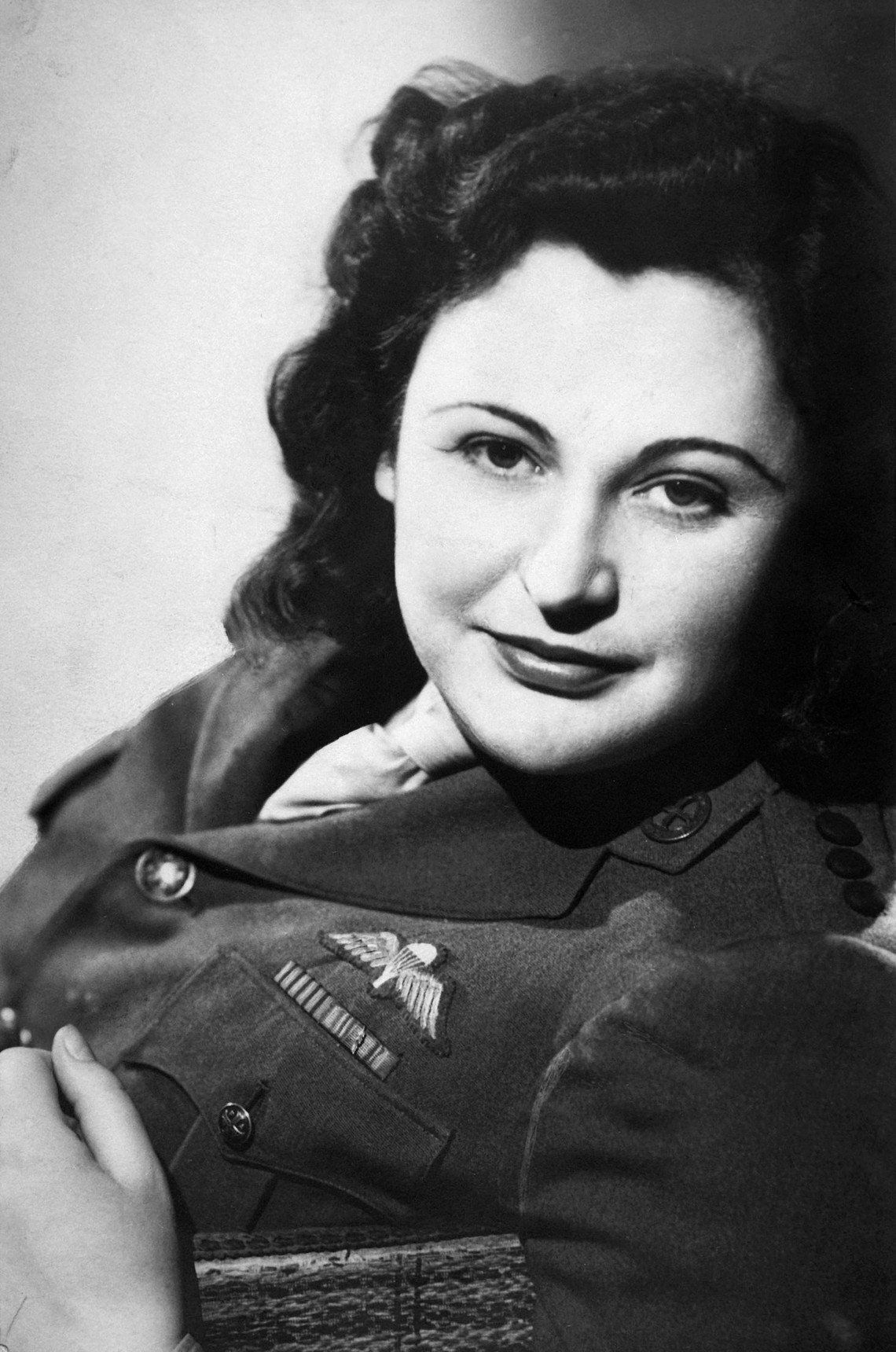Wake, Nancy (1912-2011), was a famous New Zealand -born Australian resistance fighter during World War II (1939-1945). She participated in a number of attacks on German troops, aircraft, and installations in German-occupied France . The Gestapo , Nazi Germany’s secret police, placed Wake on their most-wanted list and nicknamed her the “White Mouse.” The nickname came from her ability to avoid capture. Wake earned a number of decorations for bravery during the war, including France’s Legion of Honor and Croix de Guerre (War Cross). In 2004, Wake was made a Companion of the Order of Australia . The Order of Australia is Australia’s highest award for service to the country or to humanity.

Nancy Grace Augusta Wake was born on Aug. 30, 1912, in Wellington , New Zealand. In 1914, her family moved to Sydney , Australia. In the early 1930’s, Wake traveled to New York City and London , where she became a journalist. She went to Paris and then worked as a correspondent in France and other parts of Europe . Wake married French industrialist Henri Fiocca in 1939. The couple were living in Marseille when Germany invaded France in 1940. After France surrendered, she began working with the French resistance against the German occupation. Wake carried messages for the resistance and helped downed Allied pilots and prisoners of war escape to neutral Spain .
Pursued by the Gestapo, Wake fled to the United Kingdom in 1943. There, she began training with the British Special Operations Executive (SOE). The SOE specialized in espionage (spying), reconnaissance (information gathering), and sabotage (damaging an enemy’s war effort) in Nazi-occupied Europe. In April 1944, Wake returned to France, where she joined a resistance group known as the Maquis . Her main task with the Maquis was to weaken German defenses ahead of the Allied invasion of Normandy that June. The Allied invasion succeeded, and after fierce fighting, Paris was liberated in late August. However, Wake soon learned that the Gestapo had tortured and executed her French husband after her departure in 1943. She continued working with the SOE until Germany’s surrender in May 1945.
After World War II, Wake lived alternately in Australia and the United Kingdom. She died in London on Aug. 7, 2011.
